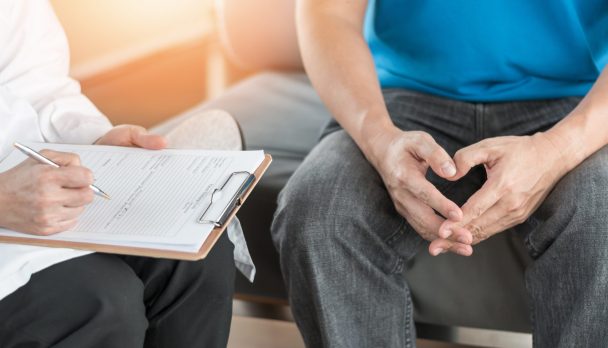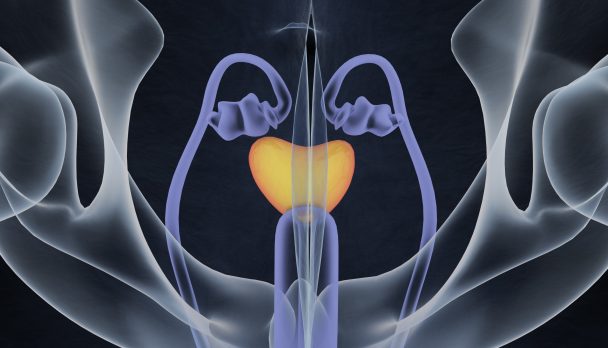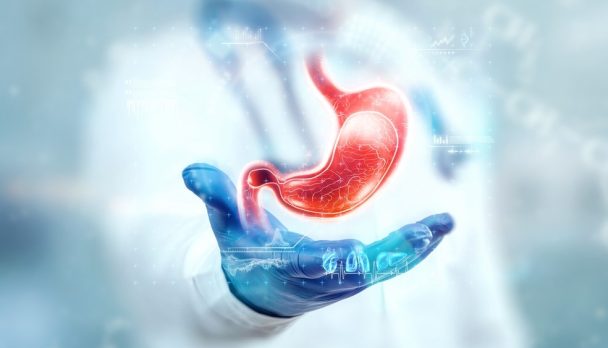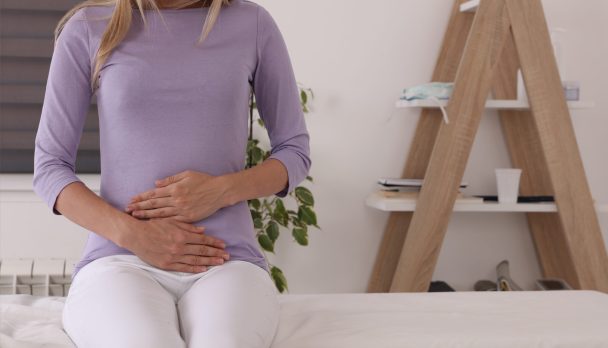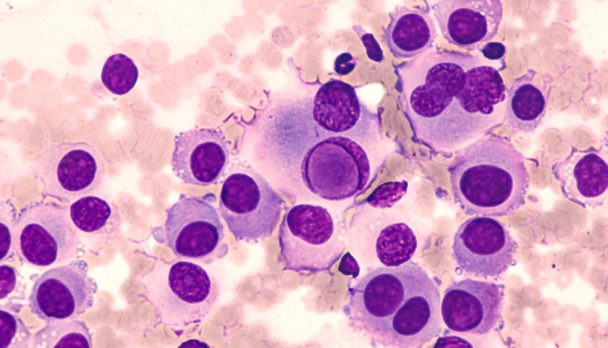Surviving childhood cancer is a major win in anyone’s language. However, it is well-known, that even as adults these survivors are at an increased risk of dying before the age of their cancer-history-free peers. Now, it would appear, these people can do something about managing that Damocles sword. According to a recent study published in JAMA Oncology, regular vigorous exercise in early adulthood is associated with a lower risk of mortality in adult survivors of childhood cancer. And the study authors believe the finding could have a significant impact, given the numbers of children that now survive cancer. “These findings may be of importance for the large and rapidly growing population of adult survivors of childhood cancer at substantially higher risk of mortality due to multiple competing risks,” they said. The study was a multicentre cohort analysis of data from over 15,400 adults who had had cancer diagnosed at one of number of paediatric tertiary hospitals in North America before the age of 21. Interviews were conducted at baseline (median age at almost 26 years) at which, among a range of other parameters, levels of exercise were assessed. These patients were then followed for up to 15 years (median follow-up 9.6 years). Overall, after adjusting for chronic health conditions and treatment exposures the researchers found an inverse association between exercise and all-cause mortality. More compelling was the analysis of a subset of almost 5700 survivors, which showed that increased exercise over an eight-year period was associated with a 40% reduction in all-cause mortality compared with low levels of exercise. Of course, the critical question is what constitutes vigorous or increased exercise? How much exercise does a person need to do to qualify for this benefit? The question these patients were asked was ‘on how many of the past seven days did you exercise or do a sport that made you sweat or breathe hard?’ This was considered vigorous exercise, and the mortality benefit was seen in people who exercised to this level for at least 60 minutes a week. But the benefit was not entirely dose-dependent. It appeared that vigorously exercising for about an hour a day, five days a week (eg a brisk 60 min walk) was the most advantageous in terms of mortality, beyond that the benefit was attenuated. It is well known that, in the general population, regular exercise reduces all-cause and cause-specific mortality, however there are much fewer studies looking at its benefit among cancer survivors, especially younger-age cancer survivors. “To this end, our findings….significantly extend the current evidence base and arguably provide the best available epidemiological evidence to support the endorsement of exercise for cancer survivors,” the study authors said. Ref: JAMA Oncology doi10:1001/jamaoncol.2018.2254
Expert/s: Dr Linda Calabresi



